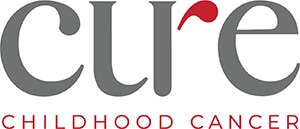Five Reasons to Seek Counseling When Your Child Has Cancer
Hearing the statement “your child has cancer” is quite possibly the most difficult and life changing information you could ever receive. You may immediately experience feelings of shock and denial. This is a common and natural response. Over time, you may start to experience other feelings as well – feelings of guilt, sadness, anger, hopelessness, and fear. These feelings are commonly associated with grief. Grief can mean the fear of losing someone we love and adore, or it may be the realization that our life will never be the same. Parents experiencing the impact of childhood cancer may find the following losses relatable and may benefit from the aid of counseling.
- The loss of control and the ability to provide safety.
The feeling of loss could begin upon hearing your child’s diagnosis. You feel you can no longer control your child’s environment or his or her safety. As the parent, you know your child and his or her needs the best, yet know you have to put your trust in a team of doctors and staff to care for your child.
- The loss of security.
The news that your child might be facing life or death could leave you questioning yourself, your beliefs, and your confidence in the future. You may also be questioning your financial security. Symptoms of anxiety and fear may emerge. You might find your mind racing, a heaviness in your chest, and difficulty falling or staying asleep.
- The loss of a normal routine and freedom.
At one point you were juggling all of your children’s sports events, and now, you’re not only missing them, but you’re also missing work and time with your spouse and friends. Your life is now about survival. Through this time you may feel you are not doing enough or as if you are letting someone down. You may find yourself in a constant state of conflict and uncertainty about what you “should” be doing.
- The loss of good health.
The loss of good health could mean lack of sleep, an unhealthy diet, lack of exercise, and not taking time for yourself. Stress takes a toll on the body. When our sole concern is being present and supportive of another person, oftentimes we become neglectful of ourselves. When we do not have the time or the ability to take care of ourselves we become more susceptible to physical illness and mental health issues. We may lose patience, find ourselves more irritable, experience foggy thinking and begin to isolate or feel alone.
- The loss of a loved one.
The loss of a child is devastating, and quite honestly, unnatural. Fortunately, the majority of children with cancer today survive. But should you experience this loss, you may feel as though you don’t know what to do next, or even how to go on. These feelings are a natural response when we lose someone special to us.
There is no denying the emotional and mental impact that cancer has on children, their parents, and their loved ones. Those who experience grief due to childhood cancer may also experience some of the following: post-traumatic stress, avoidance, isolation, depression, anxiety, resentment, and thoughts of death or suicide.
Counseling can help you adjust to challenges and manage your symptoms.
Don’t fight this fight alone. We are here for you.
CURE Childhood Cancer and Summit Counseling Center have teamed up to provide professional counseling resources to CURE families at little to no cost. To learn more please call Karen McCarthy at 770-986-0035 at ext.26 or email [email protected].
Article by Tori Goodling, MEd, LAPC (Applied), staff therapist at Summit Counseling Center.



